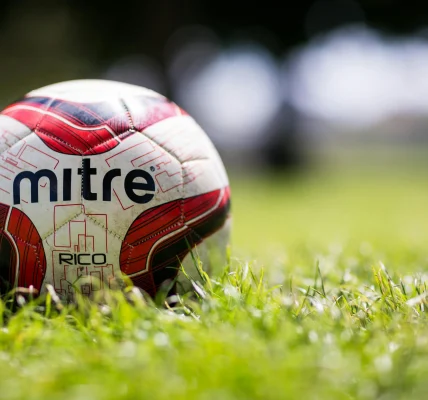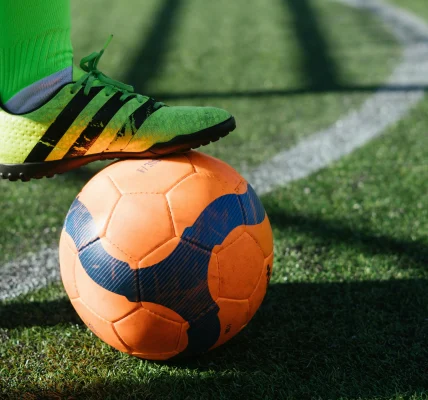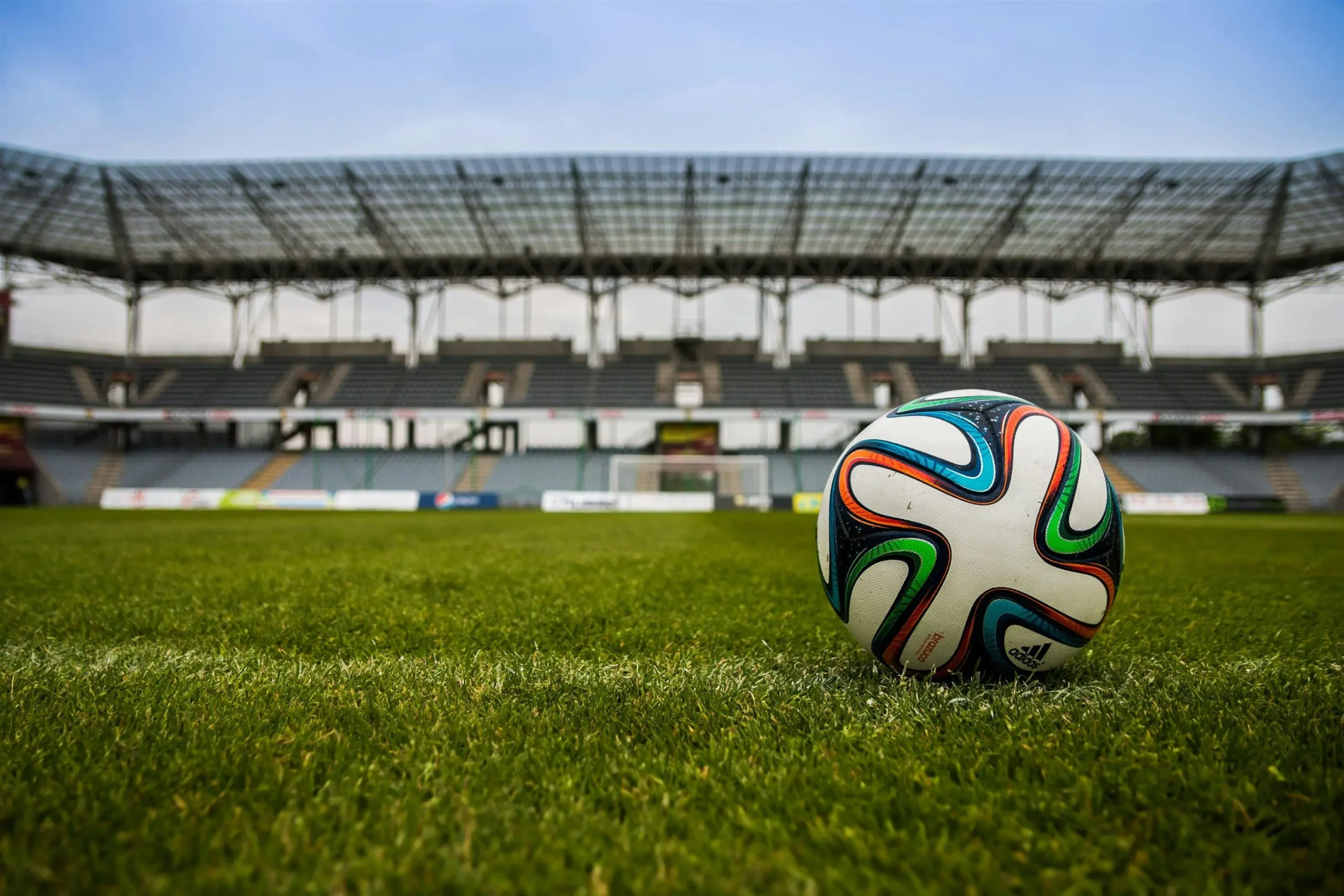The most played sport worldwide is football, which also transcends the field. Beyond simple enjoyment value, it is a global cultural phenomenon able to unite people, heal divisions, and even affect world events. Football has always been a major player in diplomacy as it provides a forum for channel of communication used, peacebuilding, and international relations to flourish. Examining how it may affect world politics and international relations, this paper considers how football might be a diplomatic weapon.
Football’s worldwide popularity makes it a strong weapon for bringing people from all backgrounds, opinions, and cultures together. Football provides a more relaxed and friendly way for one to interact with more nations and people than more official and strict diplomacy can provide.
1. Reconciling Cultural Divide
Among the most remarkable features of football is its capacity to transcend linguistic and cultural barriers. Played and watched practically everywhere in the world, this sport provides a common language accessible to individuals from many backgrounds. This common love of the game offers chances for interaction and communication, therefore promoting among us respect and understanding.
For instance, international events like the FIFA World Cup unite countries from all over and offer a forum for cultural exchange and sharing. By virtue of their passion of the game, fans from many nations engage, celebrate, and connect—bondings not attainable through conventional diplomatic channels. Beyond supporters, athletes, coaches, and authorities advancing peace and understanding across countries, this cultural interaction includes all spheres.
2. Soft Power
Football is becoming more and more important for nations as a kind of soft power—a means of change in world impressions and support of global ties free from coercion or force. Football investments, major event planning, or international football projects assistance will help governments establish goodwill with other countries and increase their reputation internationally.
For example, Qatar’s strong bid to host the 2022 FIFA World Cup was not only about highlighting the nation’s football prowess but also a calculated attempt to establish Qatar as a well-known actor worldwide. By interacting with nations all around, hosting the World Cup has helped Qatar increase diplomatic connections and soft power.
Likewise, nations with strong football past—Brazil and Germany—have developed and kept their worldwide profiles utilizing their national teams and football culture. A key instrument in a country’s diplomatic strategy, football reflects success on the field into increased respect and power on the global scene.
Football as a Peace-Catalyst Agent
Apart from its usage in soft power and cultural interaction, football has been applied as a tool for peacekeeping and conflict resolving. Football helps opposing sides in fields of conflict and separation come together, therefore fostering communication and healing.
1. The Game’s Calm Authority
Football has been utilized in several historical occasions to further harmony. Among the most well-known events is the so-called “Christmas Truce” of World War I, wherein troops from opposing sides momentarily lay down their weapons to play football in no man’s land. This unintentional act of friendship among the atrocities of war exposed how special football is in uniting people—even in the most improbable conditions.
Football has been used into peace initiatives in areas devastated by war all throughout the world more and more. Using football as their method of expression, groups like Peace and Sport and Football for Peace set initiatives aiming at fostering discussion, understanding, and reconciliation in split communities. By utilizing football to teach principles like collaboration, respect, and fair play, these programs might center young people and offer a safe forum for interaction across diverse groups.
2. Football Leagues and Diplomatic Games
Events including football tournaments and sports have also been planned especially to strengthen diplomatic ties and advance peace. Usually including teams from nations with close ties, these “diplomatic games” use the football field as a neutral site for interaction.
For instance, in 1999 Iran and the United States—two nations with a history of political unrest—planned a “peace match”. Played in Tehran, the game was considered as a major step towards improved ties between the two countries. Drawing thousands of supporters and seen by millions, the event was a stunning picture of how athletics may bring political divides together.
Originally launched by Russia in 2013, the “Football for Friendship” initiative also unites young football players from all over to advance friendship and respect. The project has been commended for allowing young people from all backgrounds and cultures to develop global citizenships.
National Branding
Apart from its diplomatic and peacemaking functions, football is also important for national branding. Football enables nations to present a particular image they have developed for the rest of the globe. Countries seeking to boost their global profile or draw tourists and business primarily depend on this kind of branding.
1. Mega-Events as A Promotional Opportunity
Big football competitions like the UEFA European Championship or the FIFA World Cup provide nations a special chance to present themselves worldwide. Attracting billions of spectators globally, these mega-events offer unmatched exposure and an opportunity to alter public opinions.
For instance, South Africa’s hosting of the 2010 FIFA World Cup was a historic event for the nation, therefore defining its reputation as a major worldwide actor. The occasion allowed South Africa to present its growth since the end of apartheid as well as its cultural variety and natural beauty and economic prospects. Effective World Cup staging helps to improve public opinions of South Africa, therefore enhancing its international profile and drawing travel and investment as well as transformation.
2. National teams as National Icons
Often emulating national heroes from their nations, national football teams foster national pride and identity. The success of a national team overseas might help to increase the reputation of a nation and inspire among its people patriotism and togetherness.
For example, Brazil’s national football team today captures the core of the nation given its legendary success. Celebrated for its flare and inventiveness, the team’s innovative approach of performance catches Brazil’s cultural vitality and helps to define the nation as one of passion and joy on a worldwide scene. Likewise, the organized and successful performance of the German national team has enhanced the nation’s quality and accuracy reputation.
Challenges
Although football has many positive effects on diplomacy, ethical questions and problems remain surround it. Sometimes the use of football for diplomatic goals results in the sport being used for political gain or to cover basic problems.
1. Political Aspirations and Sports washing
“Sports washing” is the act of either enhancing or erasing a nation’s damaged reputation via teams or events. Regarding football, where certain nations have been accused of manipulating the game to detract attention from human rights violations or other contentious topics, this has been a developing concern.
For instance, concerns regarding Qatar’s migrant labor exploitation and human rights record have drawn criticism on the country’s World Cup hosting in 2022. Critics contend that even if these crucial problems are being overlooked, the event is helping Qatar’s worldwide reputation to be more well known. Likewise, some nations have improved their international reputation by using their football team or league expenditure—usually at the price of tackling home issues.
2. The Peril of Politicalization
Football’s intimate engagement with national identity and politics increases the likelihood of the game also being political. Political goals deviating from the center of the game could cause problems both on and off the field. Football has to stay a tool for good in international relations under tight oversight and a dedication to its basic ideals of justice, respect, and togetherness.
In conclusion, the function that football serves in diplomacy is evidence of its worldwide appeal and cultural value. The sport is special in its capacity to unite people, mend conflicts, and progress knowledge and peace. Football is a potent tool for international relations whether through national branding, peacekeeping programs, or cultural interaction.
Still, football comes with diplomatic obligations. It is vitally essential to make sure the sport is not utilized to serve political goals or mask crucial problems. Football may remain very important in creating a more peaceful and unified society if it emphasizes on its capacity to unite and inspire and by staying committed to its principles.



